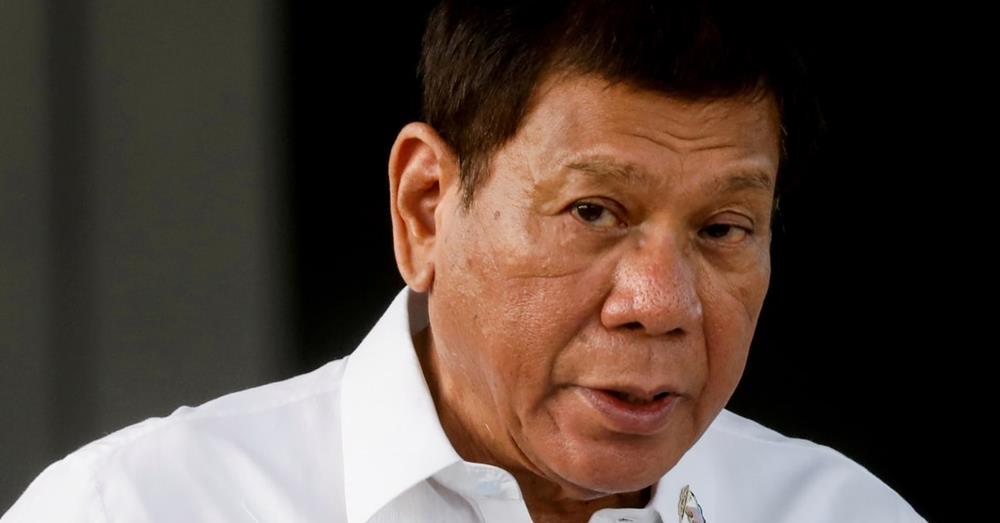MANILA, Nov 3 (CNA) - Philippines President Rodrigo Duterte said on Wednesday (Nov 3) that local government officials will be punished for falling behind their targets for COVID-19 vaccinations as the country seeks to open up the economy.
The Philippines, which has one of Asia's worst coronavirus epidemics, has so far fully immunised a little more than a third of 77 million people eligible for shots.
Duterte said there was no reason why daily vaccinations could not be ramped up to at least a million from an average of 500,000 since the country has sufficient stock of vaccines.
"We saw fault lines in the overall picture of our vaccination programme. I am not contented," Duterte said in a recorded address aired on Wednesday.
Duterte said local officials "who are not performing nor using the doses given to them in a most expeditious manner" would be sanctioned and made accountable. He did not spell out the penalties.
The government has been gradually easing COVID-19 curbs, and on Wednesday, it announced it was lifting the nightly curfew imposed in the capital region from Thursday.
Duterte asked the police and military to use planes and helicopters to deliver the vaccines faster to the provinces.
"(Supplies) will no longer pass through the provincial government because that would be another gridlock," Duterte said.
Duterte has leaned heavily on the armed services to fight the pandemic. They enforced one of the world's most severe lockdowns and transported medical supplies across the country and internationally.
"Upon delivery by plane and arrival at the (vaccine operations centre), the helicopters there will take over. They would be the ones to take them to the municipal governments," the president said.
"The armed forces have the lift capability," military spokesman Colonel Ramon Zagala told AFP Wednesday.
At the same meeting Tuesday, Carlito Galvez, head of the country's COVID-19 task force, acknowledged that local governments needed to "boost their capacity" to inject more people per day as well as to "procure their own cold chain system" to store more vaccines.
Health secretary Francisco Duque told Duterte coronavirus cases were on a "downward trend" across the country after a September peak.
The government eased some pandemic restrictions in October, opening cinemas and gyms in the capital and allowing higher capacities at restaurants and on public transport.
On Wednesday the government rolled out vaccines for 12.7 million young people aged 12-17.





